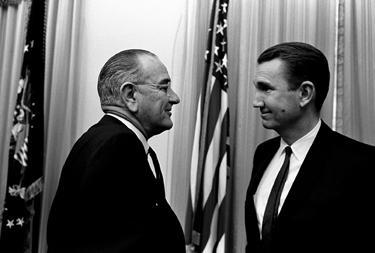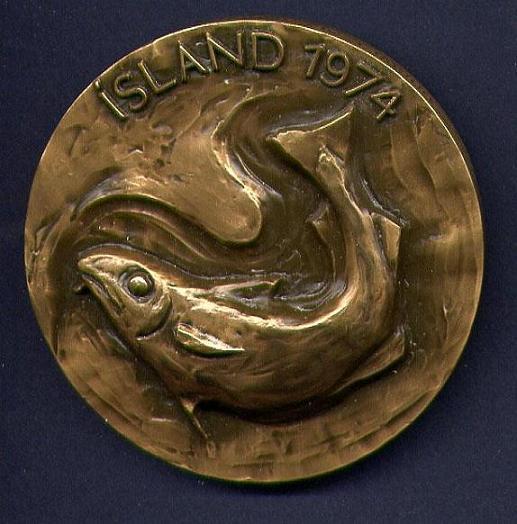Ramsey Clark Mystery Solved: Guilt Feelings?
 Former United States Attorney General Ramsey Clark seems an enigma to Americans of all stripes. In April 2005, MSNBC interviewed Clark concerning Saddam's upcoming trial. (Saddam's family announced this month in Jordan that they had dismissed the entire 1,500-member Arab and Western defense team, except for Iraqi attorney Khalil al-Dulaimi).
Former United States Attorney General Ramsey Clark seems an enigma to Americans of all stripes. In April 2005, MSNBC interviewed Clark concerning Saddam's upcoming trial. (Saddam's family announced this month in Jordan that they had dismissed the entire 1,500-member Arab and Western defense team, except for Iraqi attorney Khalil al-Dulaimi).Well, Ramsey Clark who would have defended Saddam, has defended many high profile clients in his controversial career since leaving LBJ's Whitehouse in 1969 after two years. His client list has included former Yugoslav strongman Slobodan Milosevic, Native American activist Leonard Peltier on death row, Bosnian Serb leader Radovan Karadzic, Omar Abdel-Rahman (the blind Egyptian sheikh accused of masterminding a plot to collapse the World Trade Center), Elizaphan Ntakirutimana (former church head in Rwanda) sentenced to prison for aiding and abetting genocide, and Nazi concentration camp commander Karl Linnas.
Why a man of Clark's stature would stoop so low has been explained in the usual manner for lawyers; that is, everyone, regardless of guilt deserves the best possible defense. Is there more to Clark's motivation than noble cause? Only he knows for sure, but you may want to consider this and come to your own conclusion:
Tom Campbell Clark (1899-1977), the U.S. Supreme Court Justice, was forced to resign in 1967 by President Lyndon Johnson's appointment of his son, Ramsey, to the post of U.S. Attorney General. The obvious conflict of interest is thought by some to have been intended by President Johnson as a surefire method of dumping the elder Clark. Thurgood Marshall was appointed in his stead.
To many lawyers being a Supreme Court Justice represents the very pinnacle of their legal profession. Some would argue that the prestige is even better than a President's due to the lifetime term involved.
Realizing his political career had been prematurely eclipsed by LBJ's early retirement two years after agreeing to end his own father's Supreme Court career, poor Ramsey Clark may have felt obliged to prove his selfish pursuit of government office had not been in vain. He needed to demonstrate the validity of his career with personal achievements equal or greater even than Supreme Court Justice. But how?
Clark had to rise on a larger playing field than private practice in the U.S. That meant international law. His clients from then on had to be of internationally high profile. While client wealth would often be essential, savory character could be unimportant.
So began the not so mysterious, private career of this very guilt-ridden, decidedly liberal, eminently qualified lawyer to his current, worldly stature. Reasonable? You must decide.
Note: When Saddam fled to Egypt (in 1959, after being shot in an attempted assassination and sentenced to death in absentia), he attended Cairo University's School of Law.


0 Comments:
|Post a Comment
<< Home